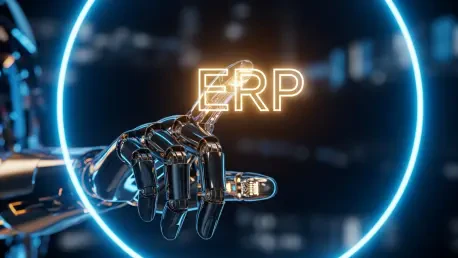
The multi-million-dollar question echoing through boardrooms is no longer whether to modernize a legacy Enterprise Resource Planning system, but how to do so without derailing the entire enterprise in the process. For decades, the path forward was clear, if treacherous: a complete overhaul that

The digital assembly line that once prioritized sheer velocity above all else is now being fundamentally re-engineered for a new, non-negotiable imperative: built-in resilience. In a business environment where the speed of innovation is directly tied to market relevance, the pressure to deliver

The promise of AI-powered coding assistants to dramatically accelerate software development has been met with both enthusiasm and a healthy dose of skepticism from the engineers who now rely on them daily. These tools, now a standard part of the modern developer's workflow, can generate

The modern digital landscape demands that sophisticated, production-ready web applications be developed and deployed with unprecedented speed, often leaving observers to wonder how development teams consistently achieve such rapid turnarounds with seemingly minimal boilerplate code. This

The relentless pursuit of accelerated software delivery has ushered in an era where AI coding assistants are nearly ubiquitous, yet emerging data reveals this push for speed comes at a significant and measurable cost to code quality. As organizations race to integrate artificial intelligence into

Today, we’re sitting down with Anand Naidu, our resident development expert who is proficient in both frontend and backend development. With years of experience managing projects of all sizes, Anand has navigated the complex decision between local and remote teams time and again. He’s here to share